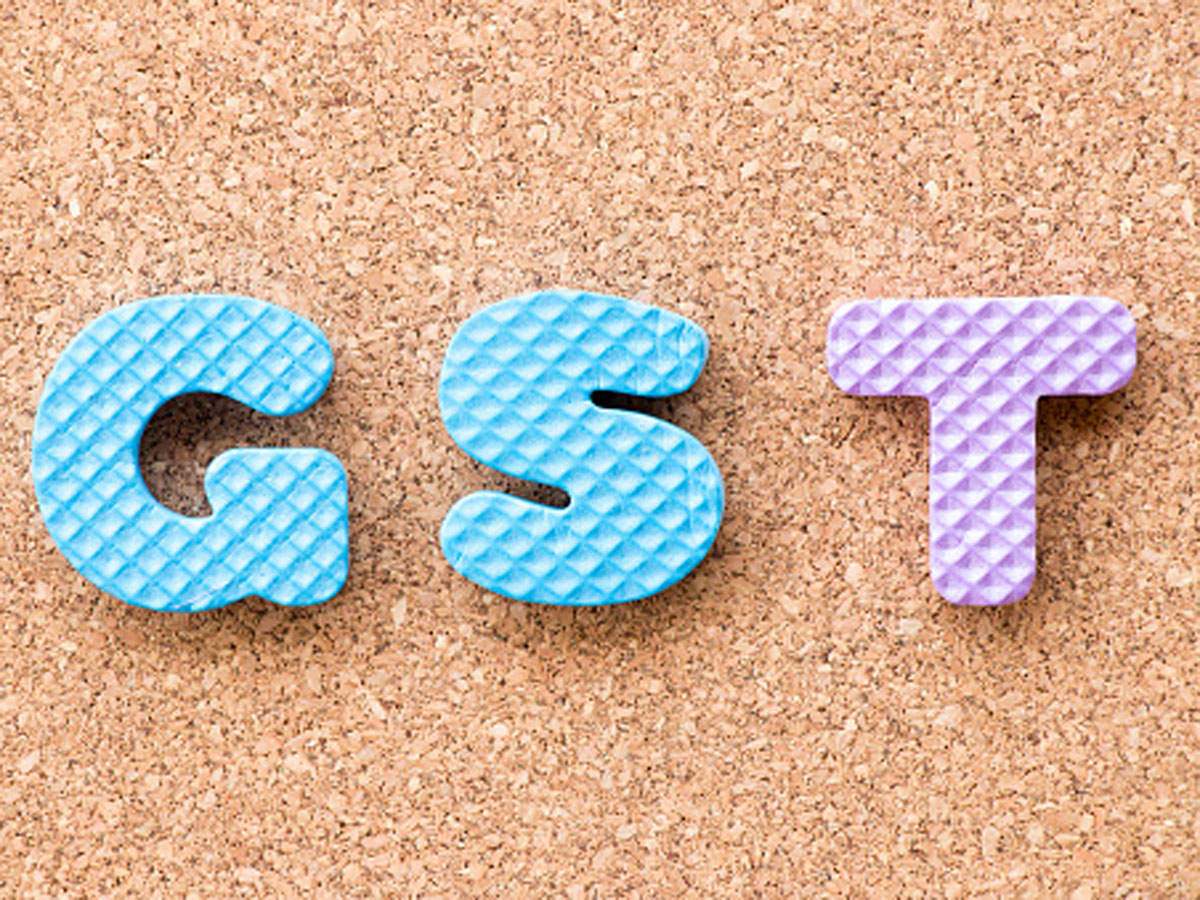NEW DELHI: GST officers have one more task — conduct mock purchases to identify businesses that are not passing on benefits of lower taxes to consumers.
With several stores and sectors such as real estate and restaurants found wanting, the government has decided to “proactively” use the provision of the Central Goods and Services Tax (CGST) Act to collect evidence against suppliers, who are “profiteering” by either keeping prices unchanged or not transferring the gains of credits for taxes paid on inputs and raw material.
The move comes as part of the government’s anti-profiteering drive, which is set to intensify in the coming days as commissioners have been given specific targets to identify 20 suppliers each and check their B2B invoices to ascertain if tax rate changes are being passed on or not as part of the exercise. Commissioners have also been allowed to set up specialised anti-profiteering cells.
The initiatives come along with the extension of the National Anti-Profiteering Authority’s tenure by another two years to deal with pending cases as well as act against fresh cases that are brought to its attention. Industry is, however, not pleased with the plan, arguing that the exercise lacks clarity. “Issuance of any clarification or SOP (standard operating procedure) on anti-profiteering measures would always be welcomed by the industry so long as it brings clarity on how profit needs to be computed and mechanism to pass on profit to the end-consumer. If the aforesaid two are not covered, merely covering ancillary issues is not likely to appease the industry,” said Harpreet Singh, partner at KPMG India.
Pratik Jain, partner and head of the indirect tax practice at consulting firm PwC India, suggested that it should be prospective. “Rate reductions began in November 2017 and this exercise should be prospective and restricted to consumer complaints. If authorities start reaching out, and if it becomes part of audit and assessment procedure, then it might be a concern for the industry,” he said.
On its part, the government has put in place an SOP for state and central government officers dealing with GST, which starts with monitoring price changes after rate changes and extends to data collection via mock purchases and even checking the premises of the sellers (with permission from competent authorities). Commissioners have also been instructed to check if the stickers with revised MRP have been put or not to reflect the tax rate changes.
In case, field officers find concrete evidence, they have to file a complaint with the state-level steering committee within a month in an exercise, which was so far largely led by consumers. In recent months, several consumer goods companies, including multinationals, and real estate developers have found themselves in the dock for not passing on the price gains to consumers.
Published On : 24-06-2019
Source : Economic Times

